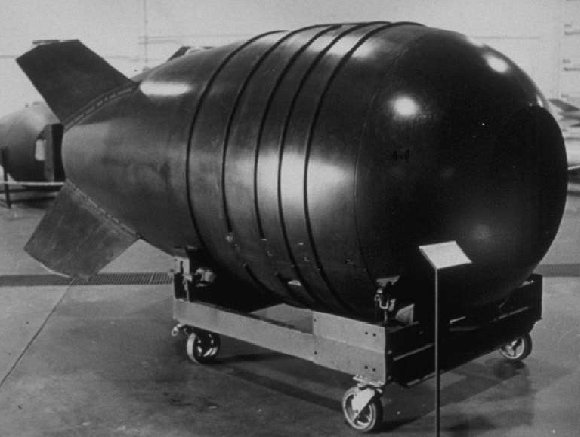
Self-help guru Marianne Williamson isn’t likely to win the 2020 Democratic presidential nomination, despite having probably served the American public more ably than any of her opponents (among other things, her Project Angel Food delivers millions of meals to the seriously ill). Good works aside, she’s a little too “New Age,” spiritual, and individualist/voluntarist-oriented for a population increasingly viewing coercive government as its living and unquestionable God.
That doesn’t mean we shouldn’t listen to her, though, especially when she points out major flaws in the system. At a July 3 campaign event in New Hampshire, Williamson discussed the “illusion of choice” in American elections, comparing them to Iran’s, where “you can vote for whoever you want, among the people that they tell you it’s OK to vote for.”
Afterward, Williamson backed off just a hair, calling her remarks “a cautionary tale, not a direct analogy.” She shouldn’t have.
Iran’s parliament, the Islamic Consultative Assembly, includes 290 representatives. Of those seats, 216 are split between three political parties, 66 are held by independents, and five are reserved for religious minorities.
Of the 435 seats in the US House of Representatives, 434 are split between two political parties, with a lone independent holding the 435th. The US Senate is slightly more diverse — 98 of its seats are split between the two “major” parties, with a whopping two independents.
Yes, “separation of church and state” is preferable to theocracy, but our two “major” parties, the Democrats and Republicans, exemplify an iron grip on rule by party establishments that even Iran can’t match.
How do they do it? Why aren’t there any current members of Congress from the Libertarian, Green, or other “third parties?” And why are independent and “third party” members of Congress a rarity since early in the 20th century? Two reasons.
One is that unlike the world’s parliamentary democracies, which use “proportional representation” measures to accord smaller parties at least token representation, the US uses single-member districts and first-past-the-post voting. In each district there’s one winner and everyone else loses.
The second is that, since the late 1800s, US states have used government-printed ballots and “ballot access” laws to make it increasingly expensive (and sometimes completely impossible) for “third party” candidates to even appear on voters’ ballots.
According to Nicholas J. Sarwark, chair of the Libertarian National Committee, the Libertarian Party spent more than half a million dollars just getting on ballots for 2016 (not including state party and candidate spending) .
Not campaigning. Just getting their names in front of voters on election day. In some states, no amount of money is enough to get past Republican and Democratic election officials (or, in court, Republican and Democratic judges). Campaigning gets done with what’s left over.
That’s how every election cycle goes. The “major” parties don’t want a fair fight, and they’ve structured American elections to ensure they never face one.
The only way to force a fair fight is for “third party” candidates to start winning the UN-fair fights. Your votes (and donations and party participation) can make that happen.
Thomas L. Knapp (Twitter: @thomaslknapp) is director and senior news analyst at the William Lloyd Garrison Center for Libertarian Advocacy Journalism (thegarrisoncenter.org). He lives and works in north central Florida.
PUBLICATION/CITATION HISTORY
- “Marianne Williamson is Right About American Elections,” by Thomas L. Knapp, OpEdNews, 07/06/19
- “Marianne Williamson is Right about American Elections,” by Thomas L. Knapp, River Cities’ Reader, 07/08/19
- “Marianne Williamson is right about American elections,” by Thomas L. Knapp, Elko, Nevada Daily Free Press, 07/08/19
- “Marianne Williamson is Right About American Elections,” by Thomas L. Knapp, CounterPunch, 07/09/19
- “Williamson Is Right About American Elections,” by Thomas L. Knapp, Cordell, Oklahoma Beacon, 07/11/19
- “Marianne Williamson is right About American elections,” by Thomas L. Knapp, Columbia, South Carolina Panorama, 07/14/19
- “Marianne Williamson is right about American elections,” by Thomas L. Knapp, Southgate, Michigan News-Herald, 07/19/19
- “Marianne Williamson is Right About American Elections,” by Thomas L. Knapp, Ventura County, California Citizens Journal, 07/19/19
- “Marianne Williamson is right about American elections,” by Thomas L. Knapp, Dillon, Montana Tribune, 07/19


![Kamala Harris at the 2019 Iowa Democrats Hall of Fame Celebration in Cedar Rapids, Iowa [photo by Lorie Shaull -- Creative Commons Attribution-Share Alike 2.0 Generic license]](https://upload.wikimedia.org/wikipedia/commons/thumb/c/ca/Kamala_Harris_%2848036876751%29.jpg/512px-Kamala_Harris_%2848036876751%29.jpg)